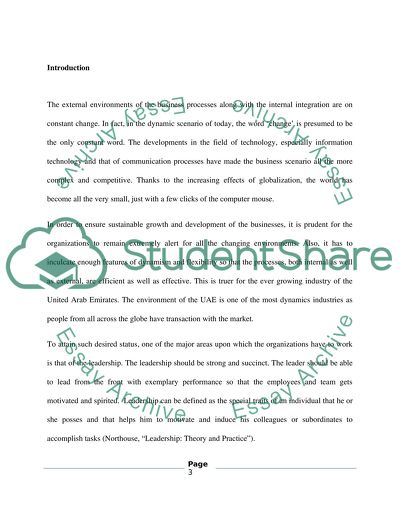Cite this document
(“The effect of Leadership in managing performance Essay”, n.d.)
The effect of Leadership in managing performance Essay. Retrieved from https://studentshare.org/miscellaneous/1561278-the-effect-of-leadership-in-managing-performance
The effect of Leadership in managing performance Essay. Retrieved from https://studentshare.org/miscellaneous/1561278-the-effect-of-leadership-in-managing-performance
(The Effect of Leadership in Managing Performance Essay)
The Effect of Leadership in Managing Performance Essay. https://studentshare.org/miscellaneous/1561278-the-effect-of-leadership-in-managing-performance.
The Effect of Leadership in Managing Performance Essay. https://studentshare.org/miscellaneous/1561278-the-effect-of-leadership-in-managing-performance.
“The Effect of Leadership in Managing Performance Essay”, n.d. https://studentshare.org/miscellaneous/1561278-the-effect-of-leadership-in-managing-performance.


